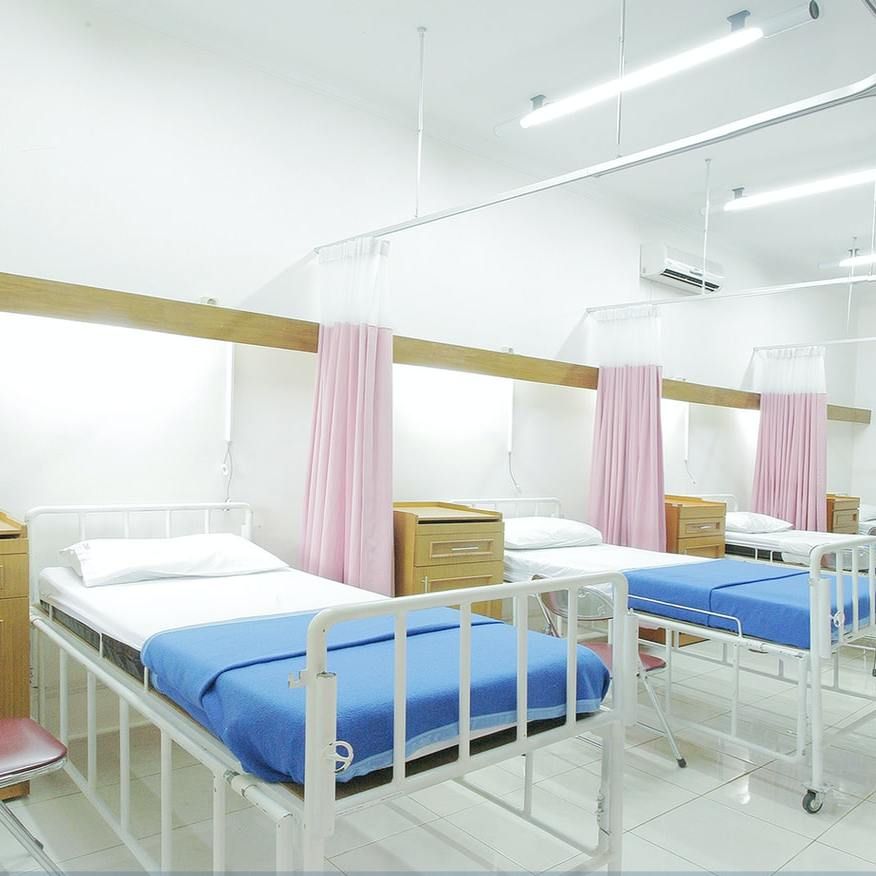Decreased Length of Stay After Total Joint Arthroplasty Predicted by Sleep Quality
Patients with high preoperative sleep quality, high preoperative albumin level, free of digestive disease and undergoing total hip arthroplasty procedure are more likely to be discharged within 2 days as opposed to 3.

The safety, efficacy, and cost of total joint arthroplasty (TJA) was examined under the enhanced recovery after surgery (ERAS) program. Investigators aimed to identify predictors that facilitated a decrease in patients' length of stay.
Zichuan Ding, MD, Department of Orthopedics, West China Hospital/West China School of Medicine, Sichuan University, led an investigative team through a retrospective collection of patient information relating to primary unilateral total joint arthroplasty that was performed by a single surgical team.
Setting up the Analysis
Included patients (604) underwent the procedure between January 2017-June 2019, with a length-of-stay of 3 days or less, and completed at least a 12-month follow-up. Additionally, all patients received the ERAS protocol: preoperative preparation (patient education, preoperative functional exercises, nutritional support), blood management, pain management, sleep management, prevention of infection, prevention of thrombosis and strict discharge criteria.
Investigators gathered preoperative characteristics of patients from the medical record system. Patient information was separated based on their length-of-stay, with one group of patients who stayed 3 days and another group with a shorter stay of 2 days or less.
The characteristics that represented significant factors related to length-of-stay were included in multivariate logistic regression analysis to find independent preoperative predictors. Joint function at the final follow-up was also assessed between the groups, along with the rate of adverse events and the hospitalization costs.
Predictors for a 2-Day Discharge
According to results, the length-of-stay for 44.9% (271) of patients was 2 days or less. The rest of the patients (333) accounted for the 55.1% that stayed for 3 days post procedure. The postoperative scores for joint function and adverse event rates were similar between the 2 groups, while the costs were lower among those with the shorter length-of-stay.
Of the factors evaluated, analyses revealed that predictors of a length-of-stay for 2 days or less consisted of Pittsburgh Sleep Quality Index score (odds ratio [OR] = 1.084, 95% confidence interval [CI] = 1.024–1.147, P = 0.005), preoperative albumin level (OR = 0.945, 95% CI = 0.905–0.988, P = 0.012), digestive diseases (OR = 1.084, 95% CI = 1.024–1.147, P = 0.005) and total hip arthroplasty (THA) (OR = 0.273, 95% CI = 0.170–0.439, P < 0.001).
"Under the rigorous ERAS program, 2-day discharge in unselected TJA patients can be routinely applied. Patients with high preoperative sleep quality, high preoperative albumin level, free of digestive disease and undergoing THA procedure are more likely to be discharged within 2 days," investigators concluded.
The study, "Preoperative High Sleep Quality Predicts Further Decrease in Length of Stay after Total Joint Arthroplasty under Enhanced Recovery Short-stay Program: Experience in 604 Patients from a Single Team" was published in Orphopaedic Surgery.